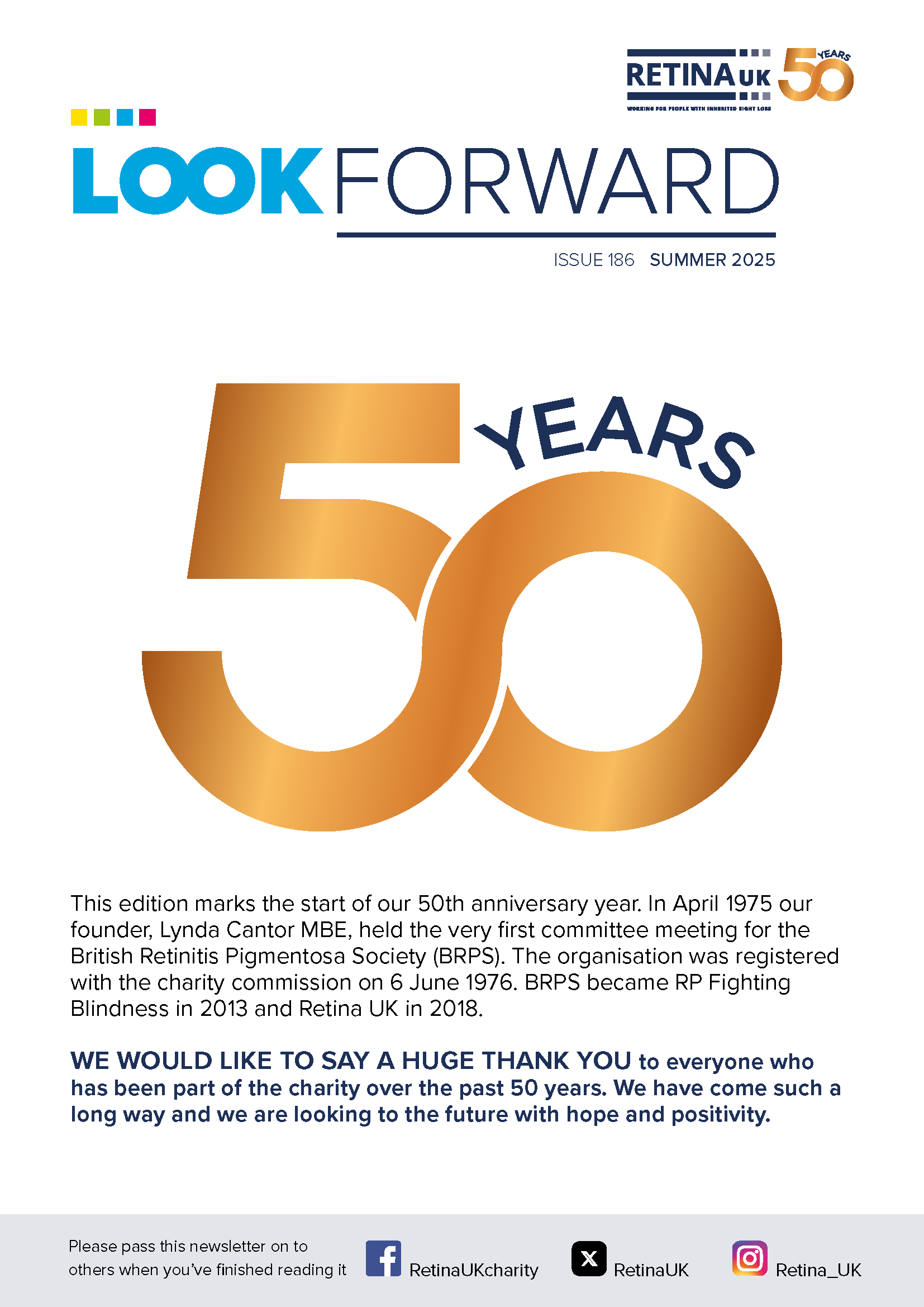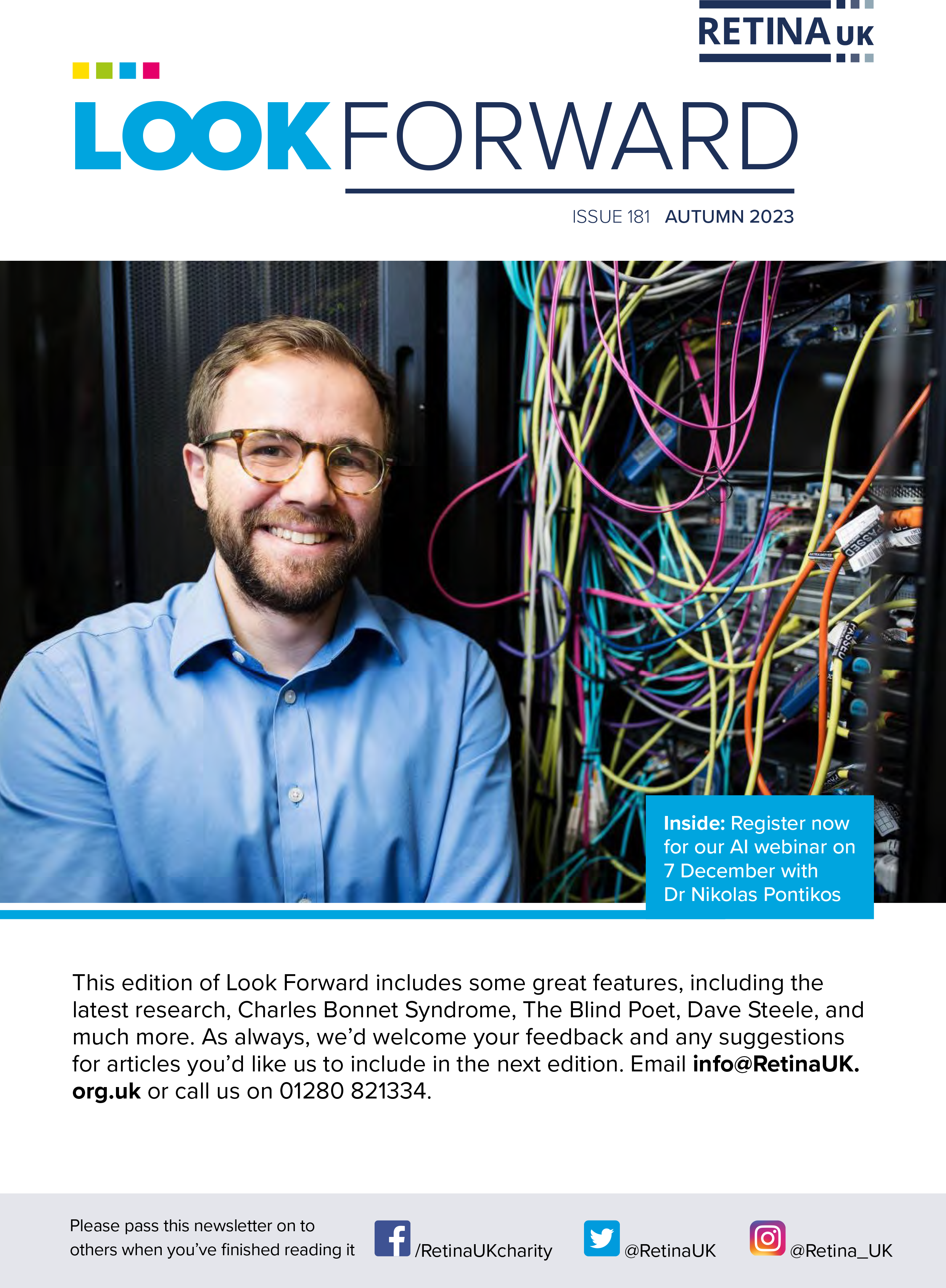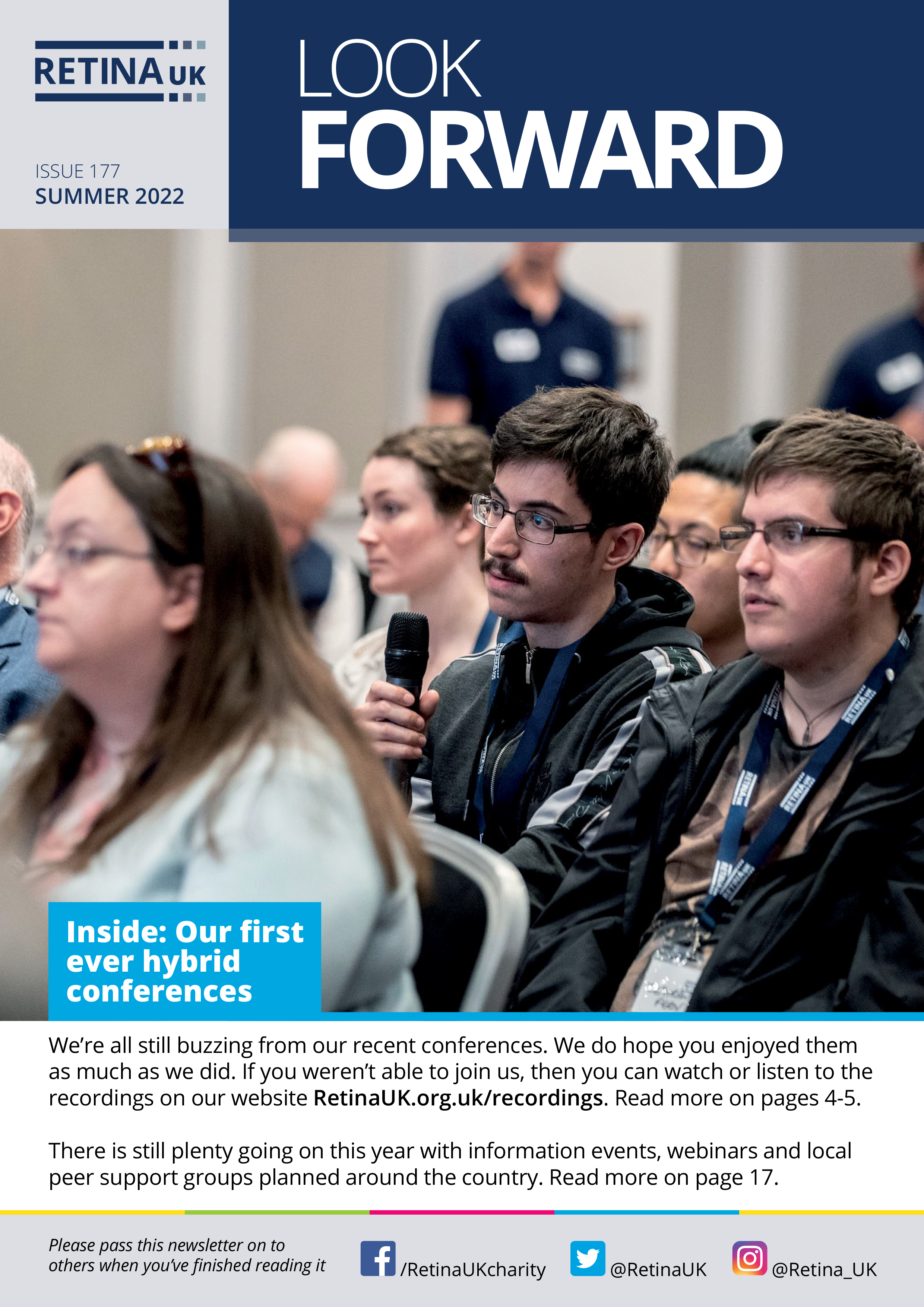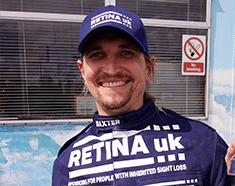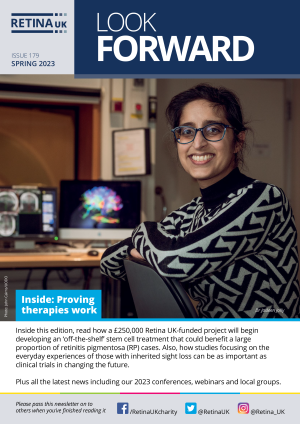Oxfordshire information event (online)
Our Keynote speaker will be Mr Kanmin Xue. Mr Xue is a Consultant Vitreo-retinal Surgeon at the John Radcliffe Hospital and Wellcome Trust clinician scientist fellow at the University of Oxford where he leads the Retinal Disease and Repair Group.

